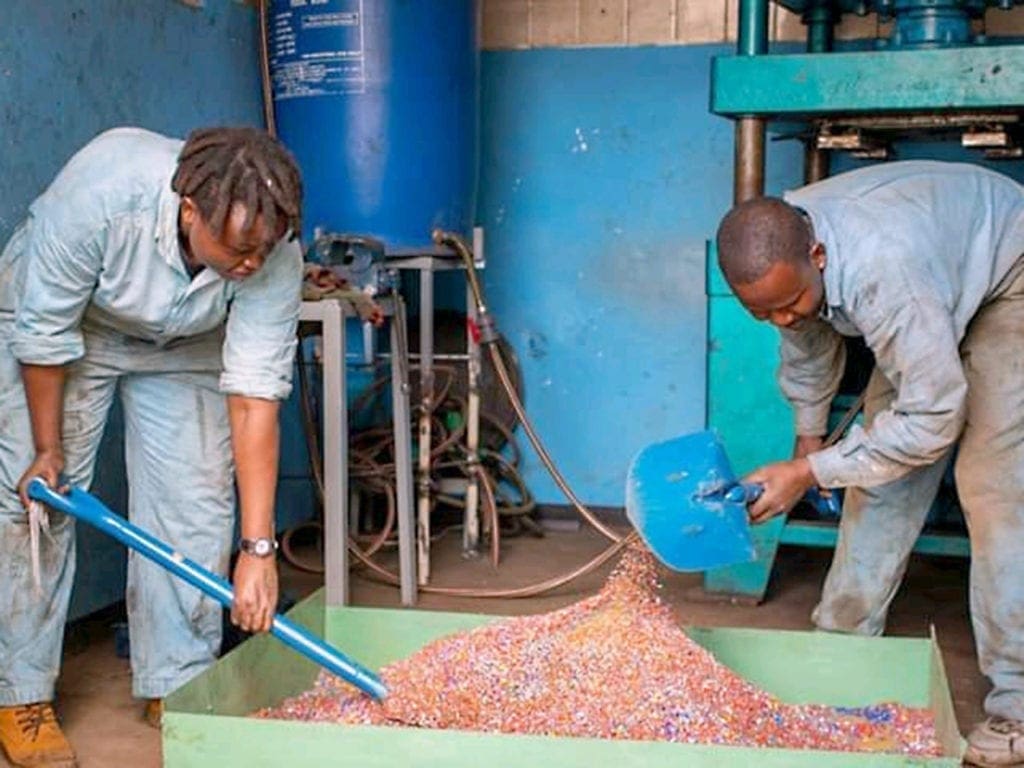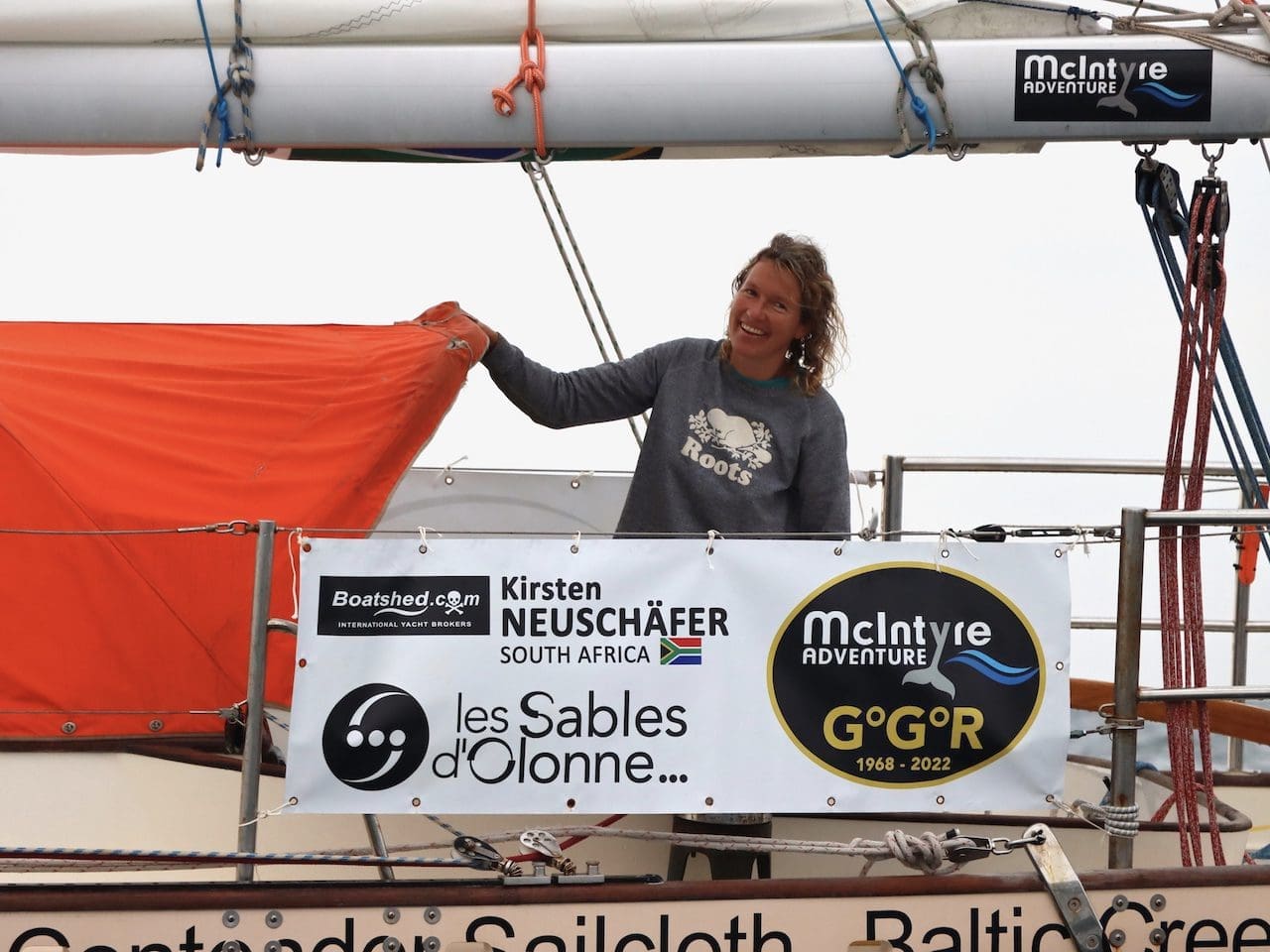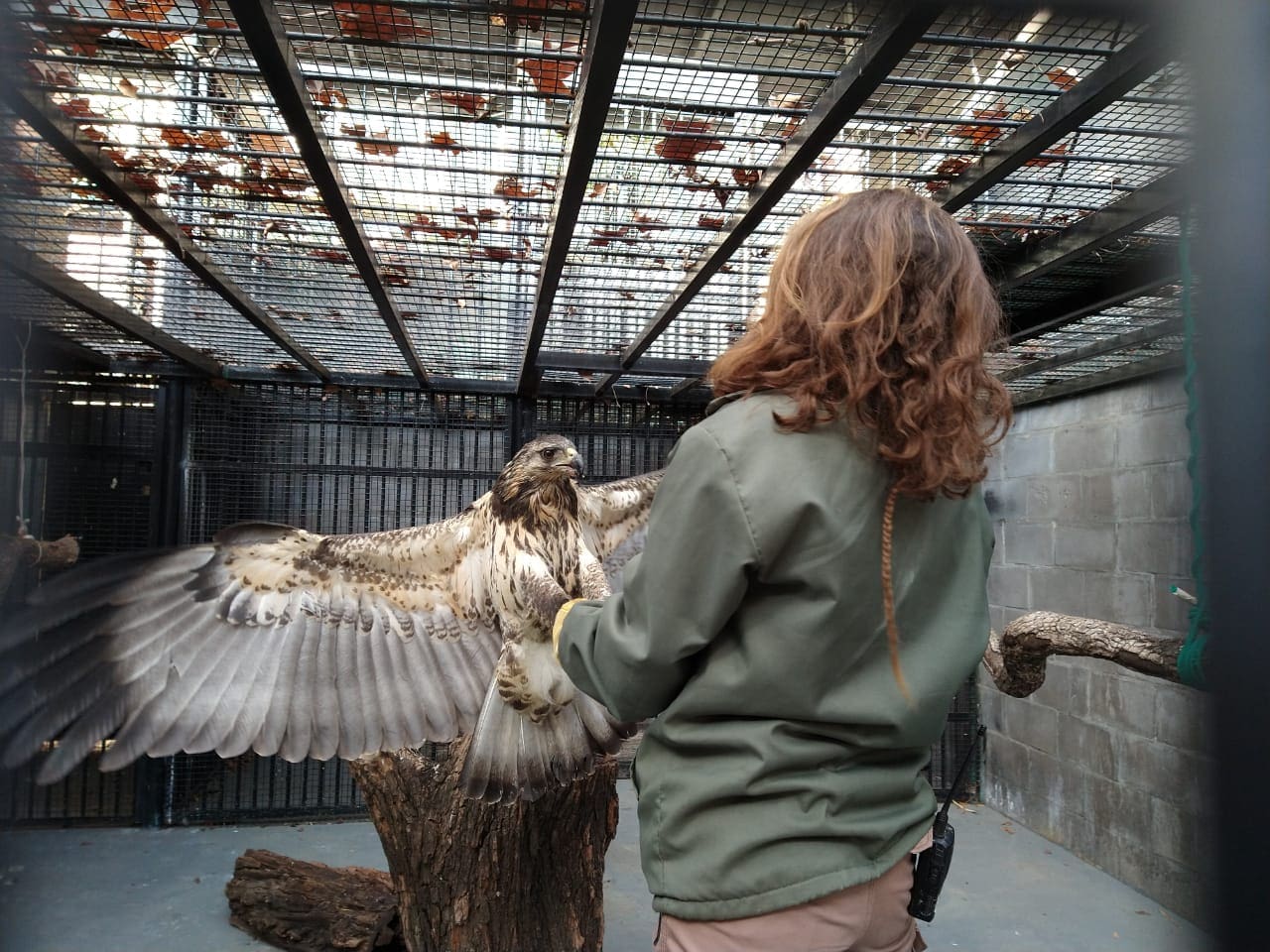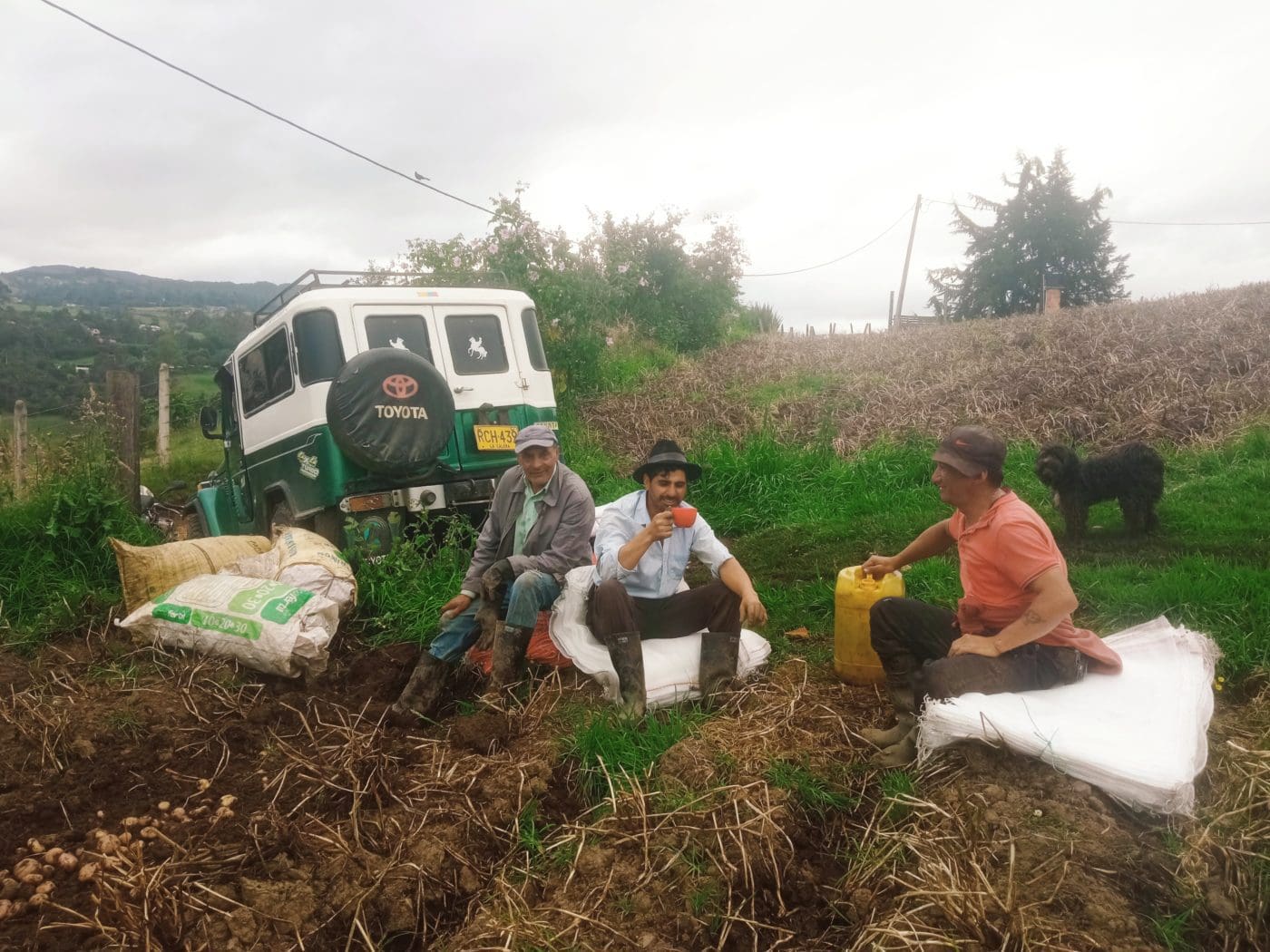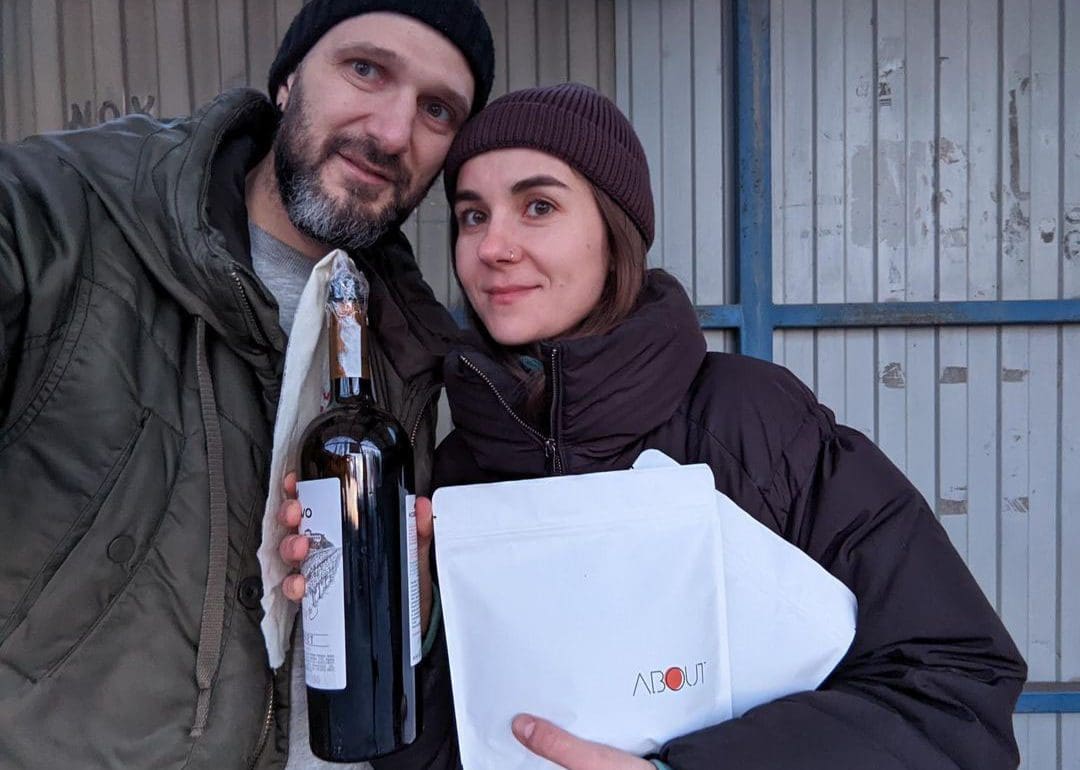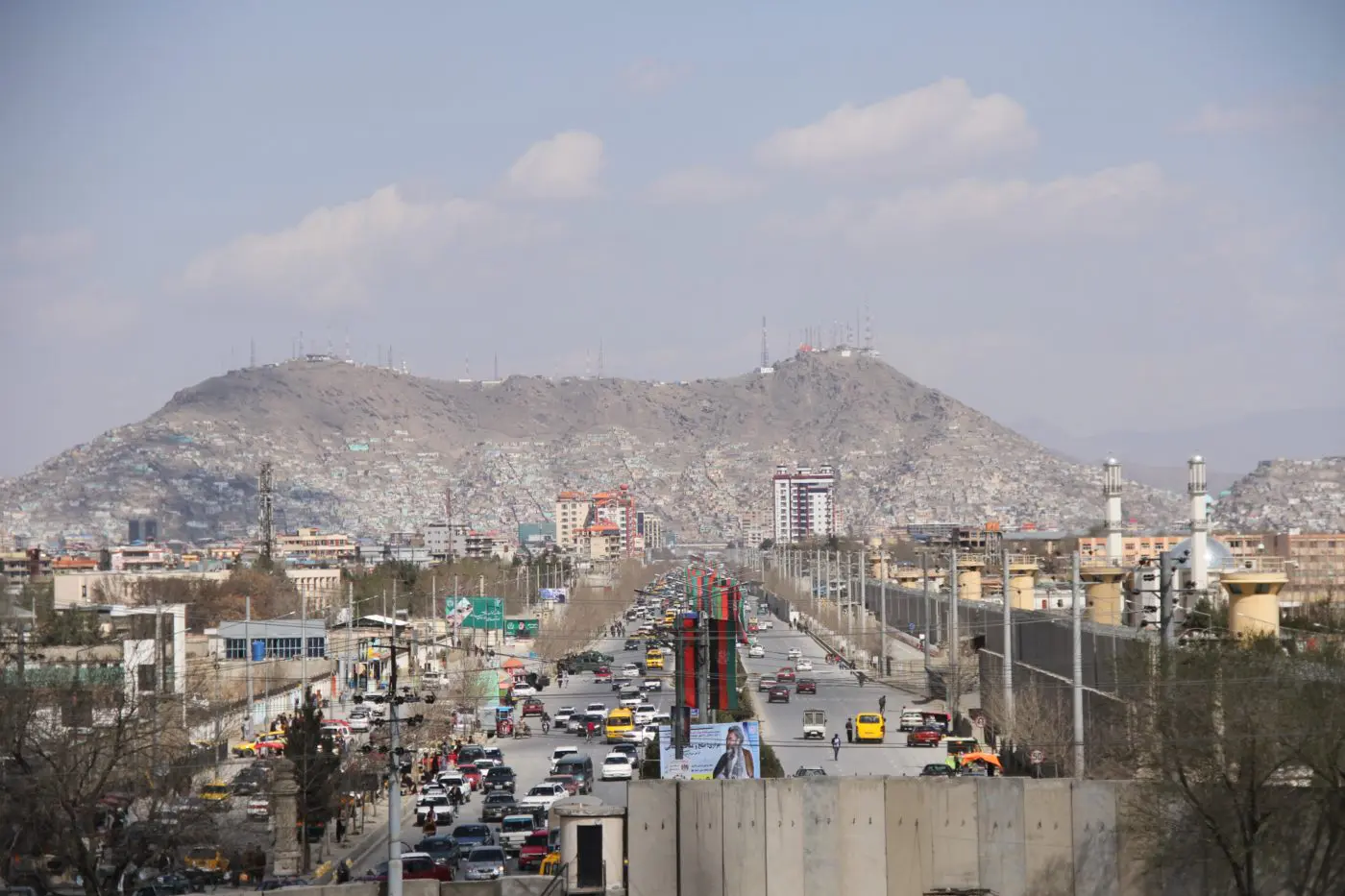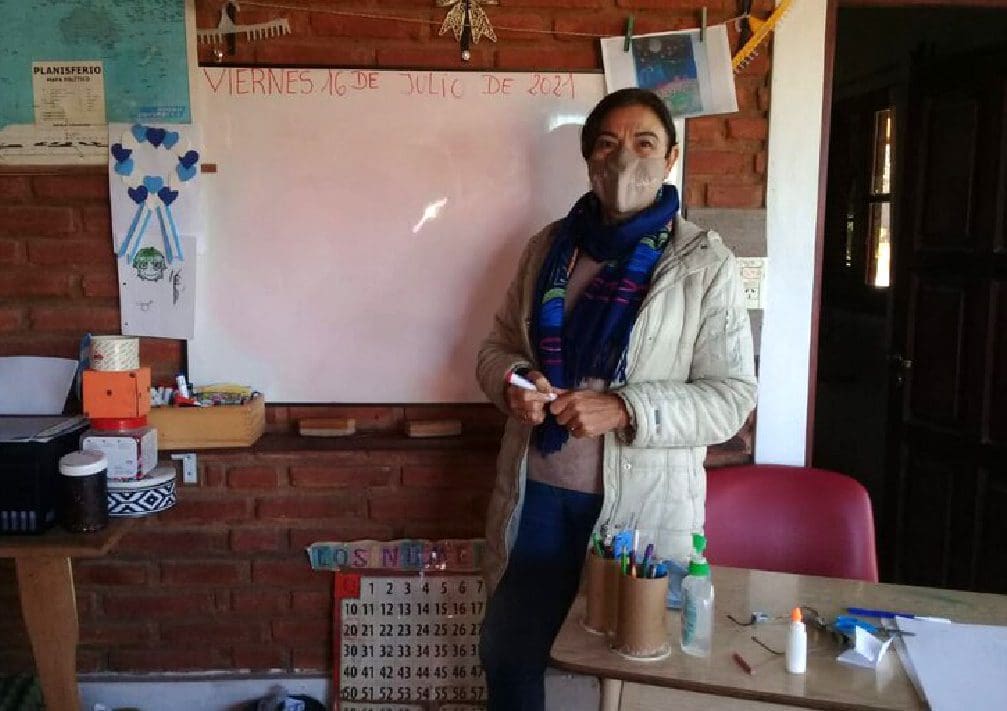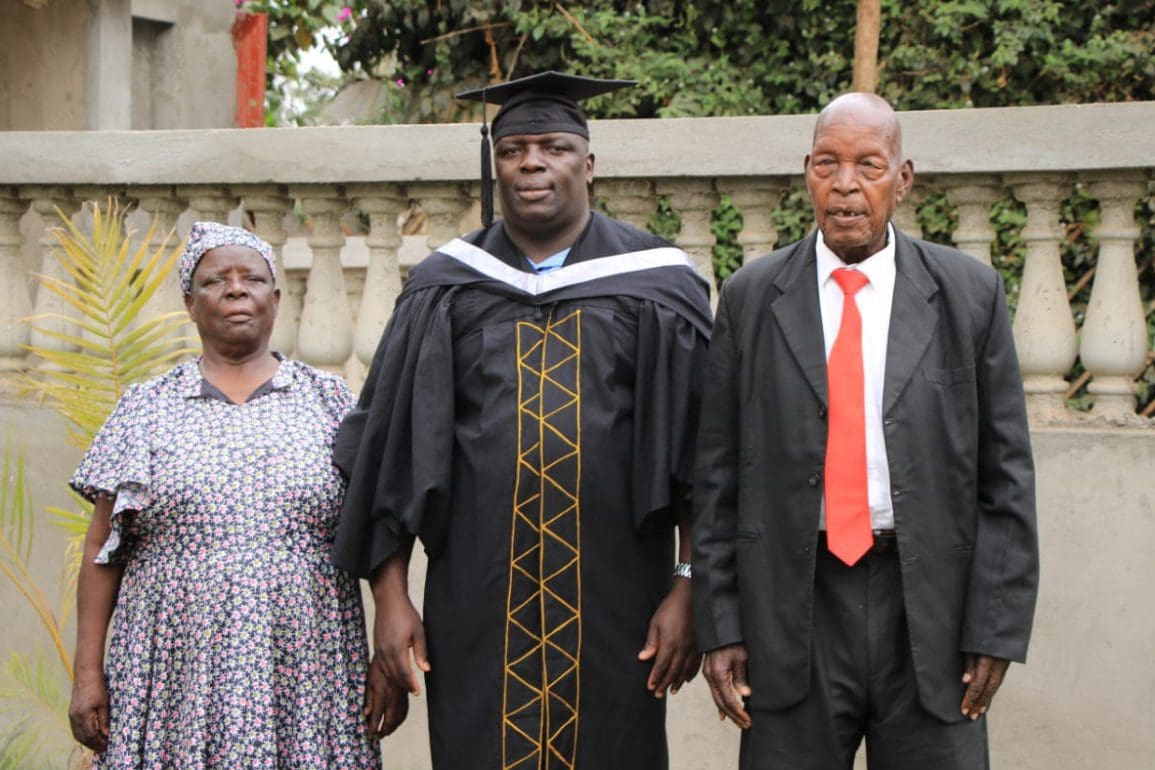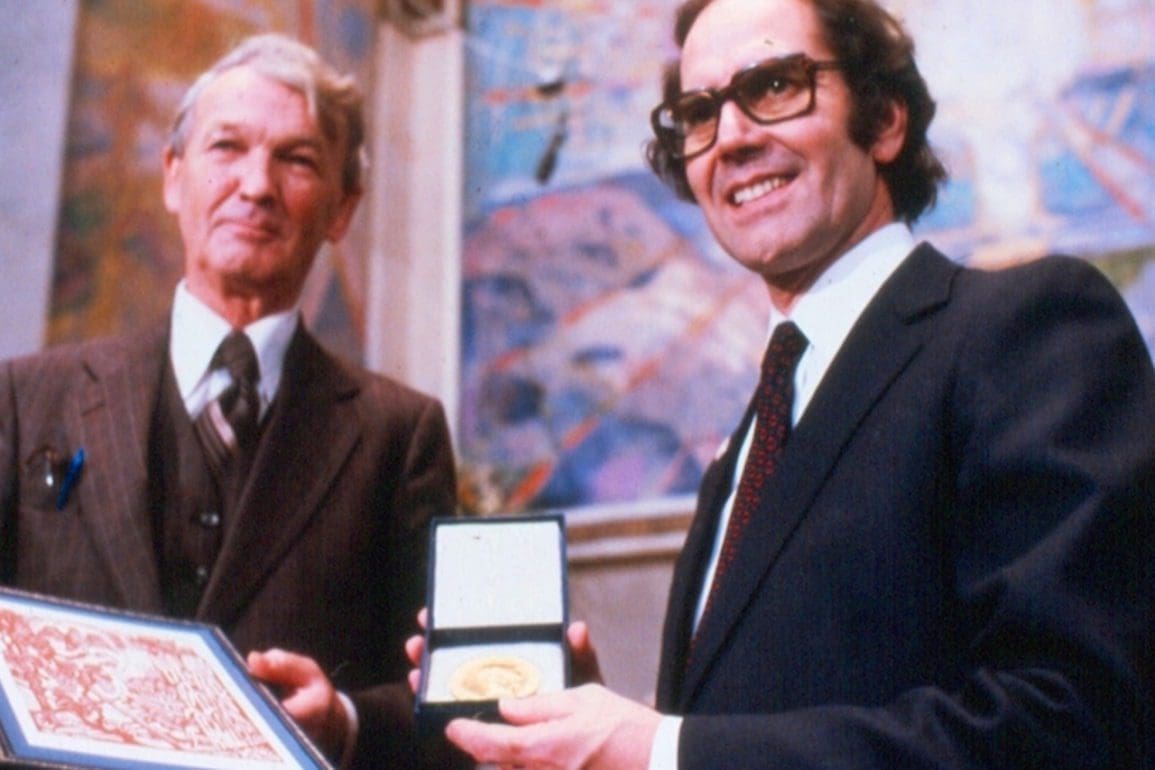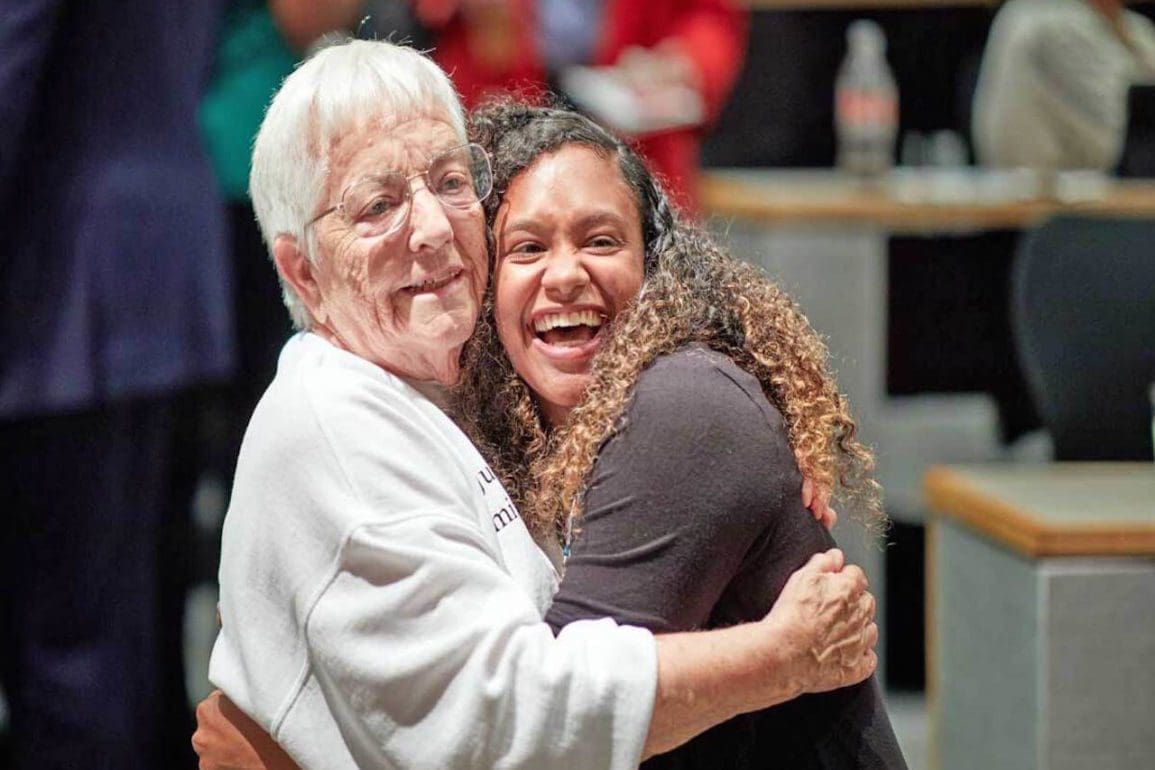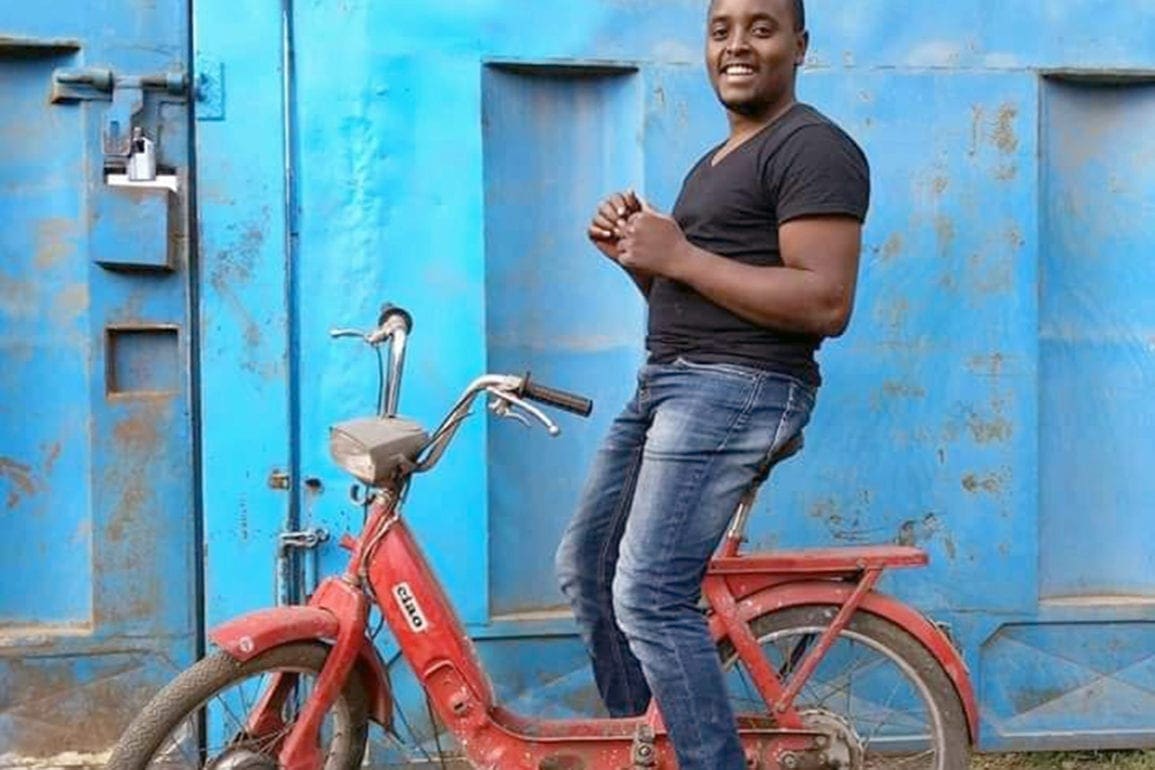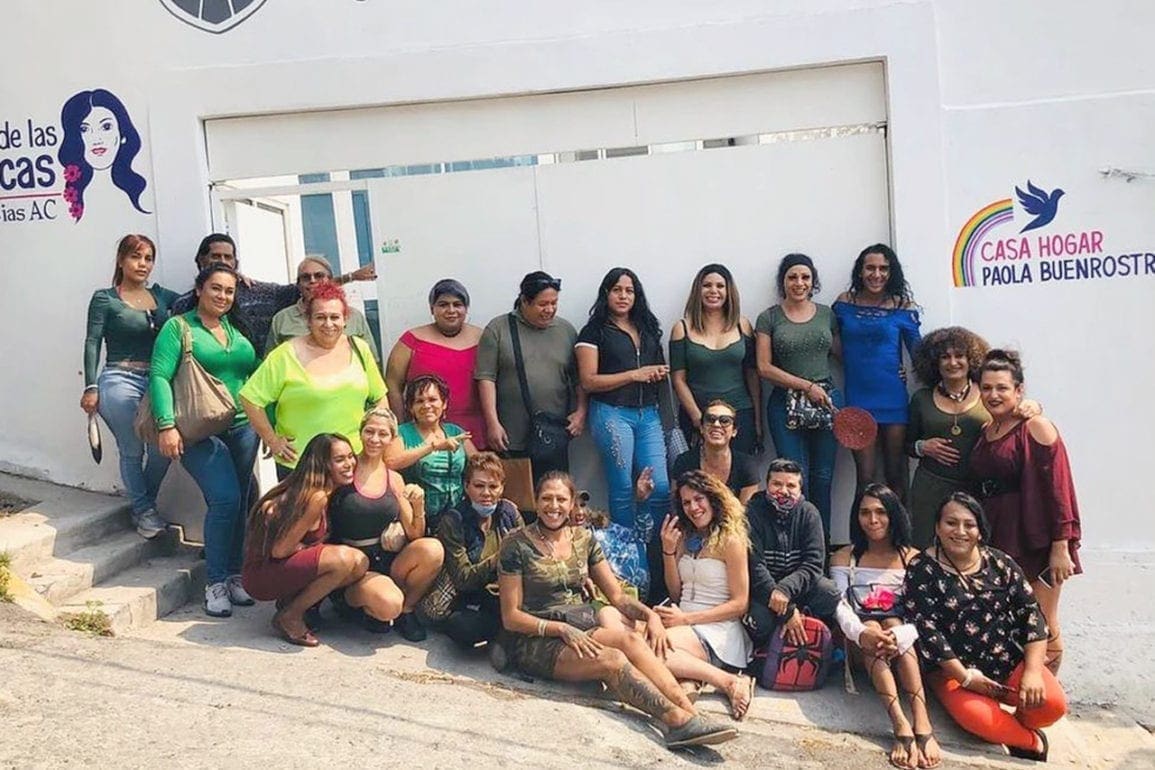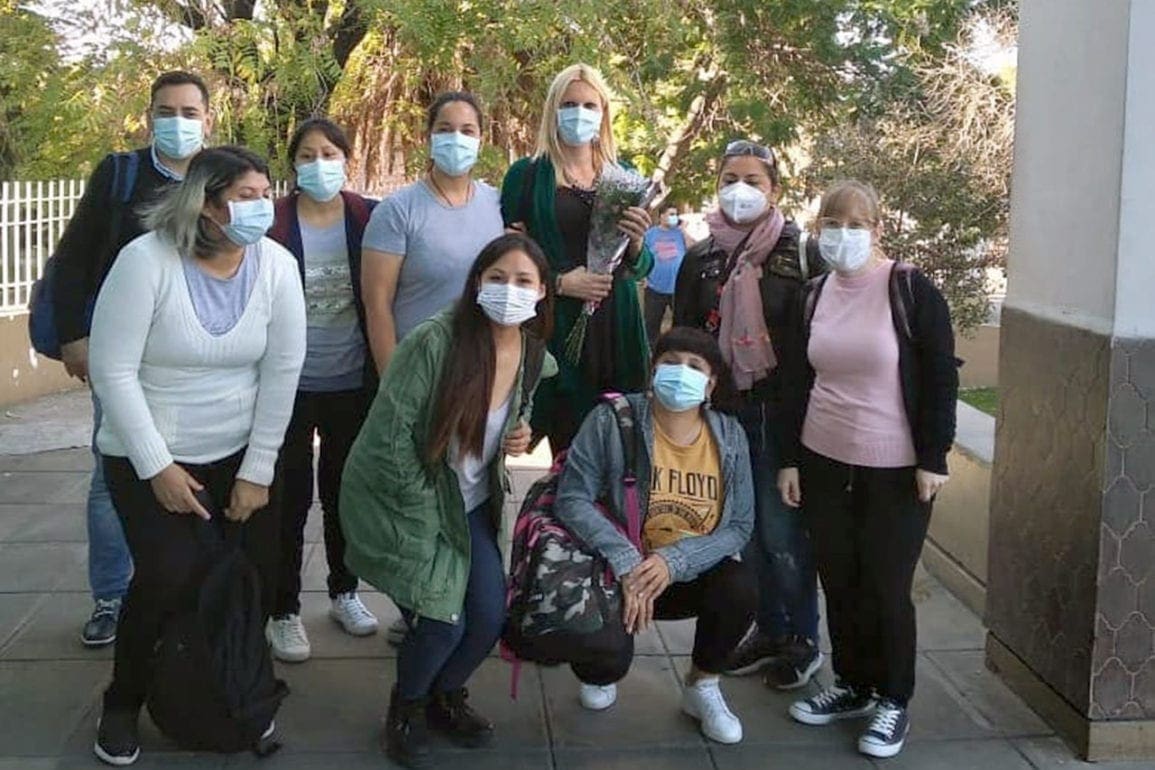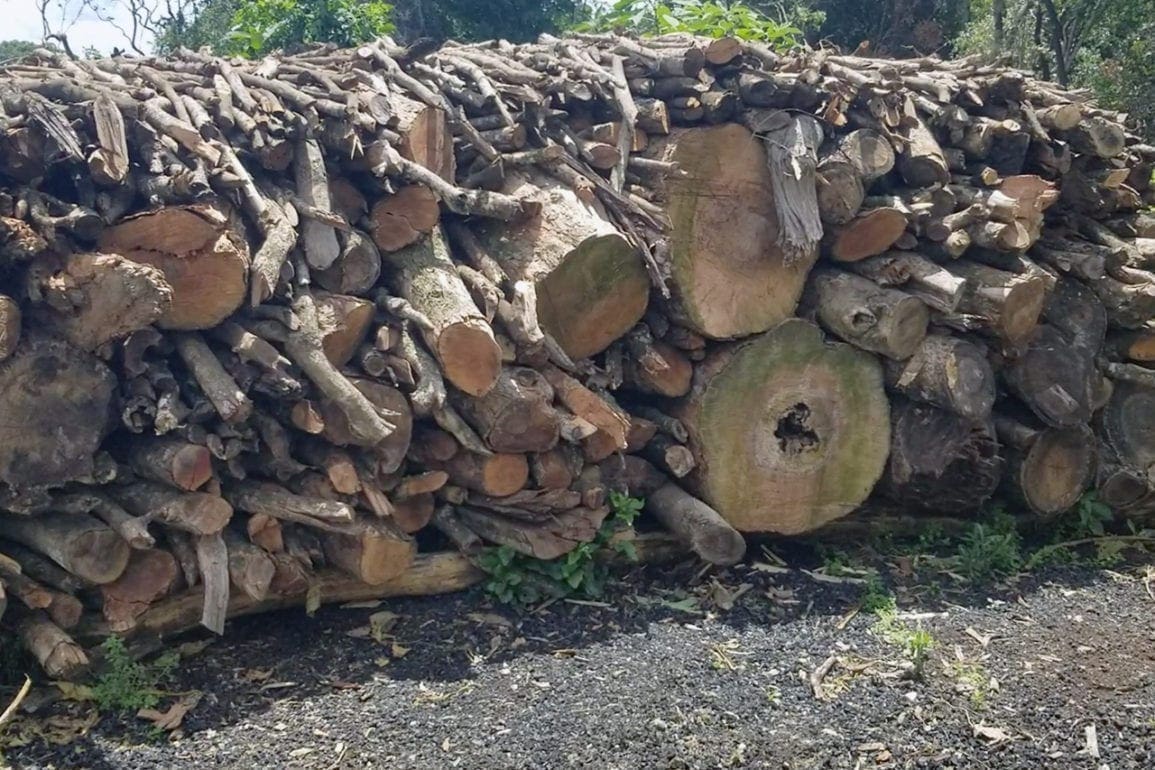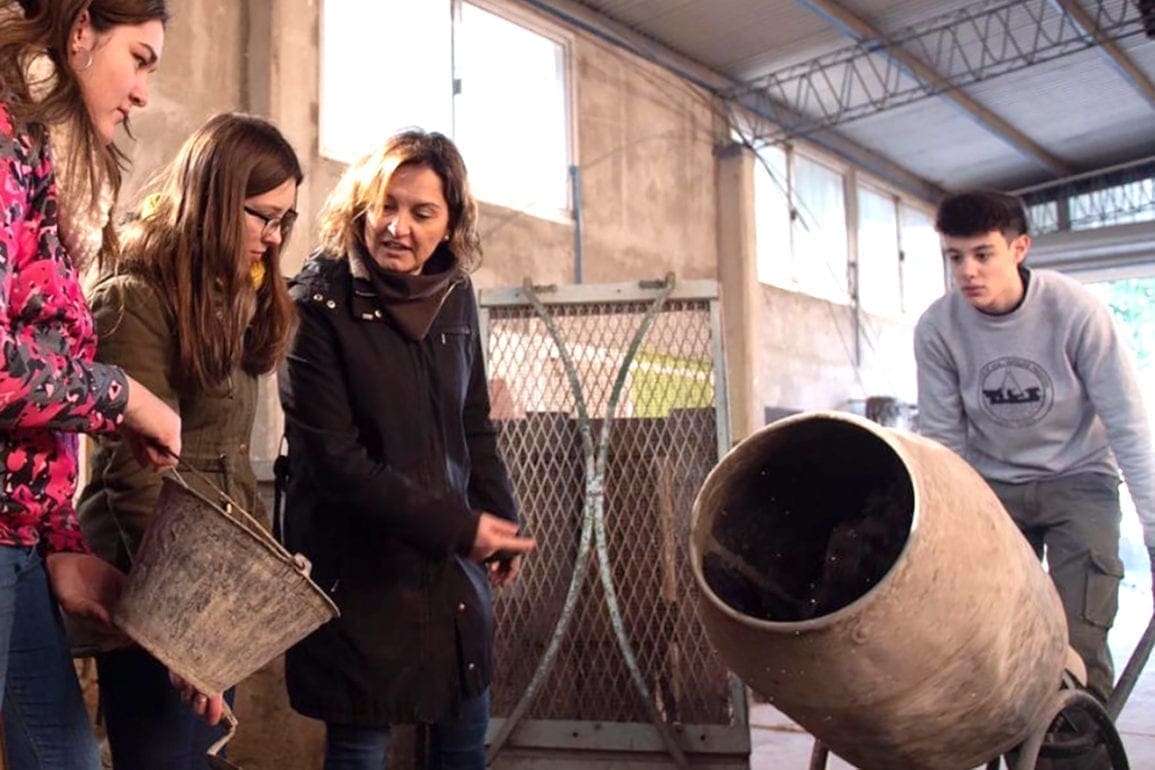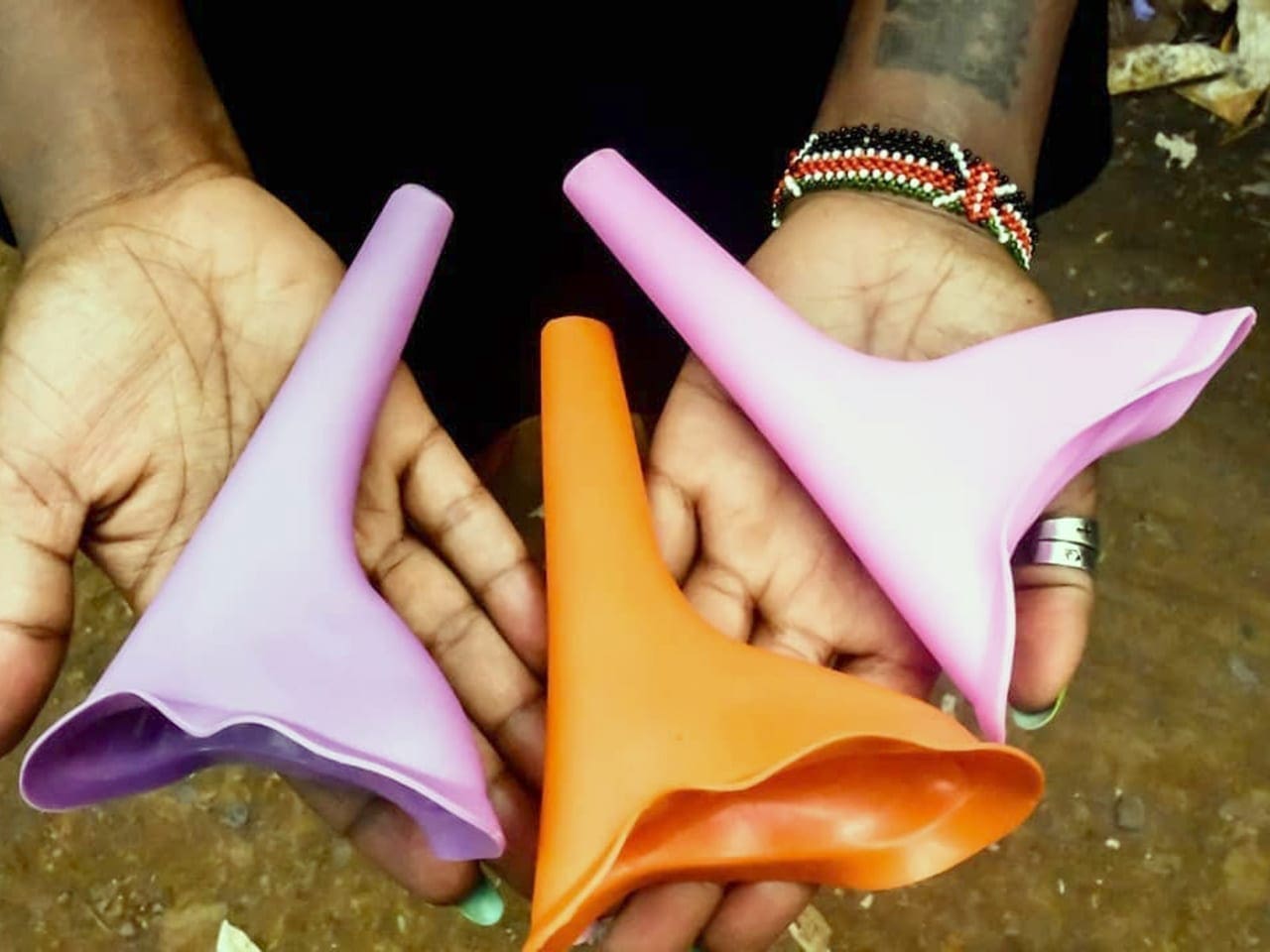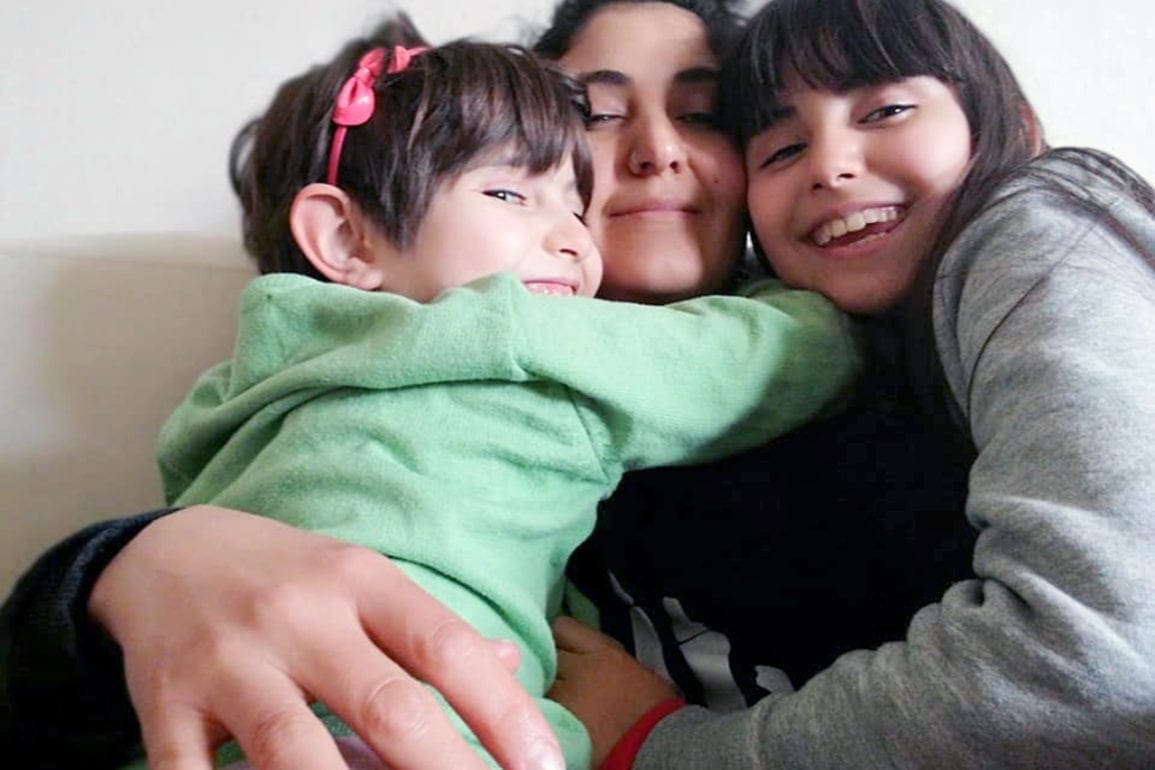Building bricks instead of landfills
I witness livestock dying from consuming plastic as it blocks their digestive systems.
- 5 years ago
February 21, 2021
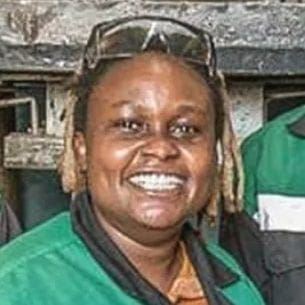
It has been four years since Kenya imposed one of the world’s strictest bans on the use, manufacturing, and importing of plastic bags as part of the growing efforts globally to reduce the significant source of plastic pollution.
Though the action bore fruit, plastic waste is still a big challenge in Kenya, especially in urban towns.
A vast amount of this plastic waste is still ending up in landfills, or worse yet, getting into drainage systems. I have seen how plastic waste flows in rivers and ends up in lakes and oceans, a livelihood source for many.
Plastic pollution is affecting not only humans but also livestock. I witness livestock dying from consuming plastic as it blocks their digestive systems.
During rainy seasons, the plastics waste problem becomes even direr when the waste blocks drainage systems, contributing to mass flooding, which on many occasions leave many families homeless.
The capital city, Nairobi, where I reside, produces around 3,000 tons of waste a day, and roughly 60 per cent is collected, and only approximately 10 per cent is recycled. The rest is dumped illegally or burned, which is not a good idea due to environmental pollution.
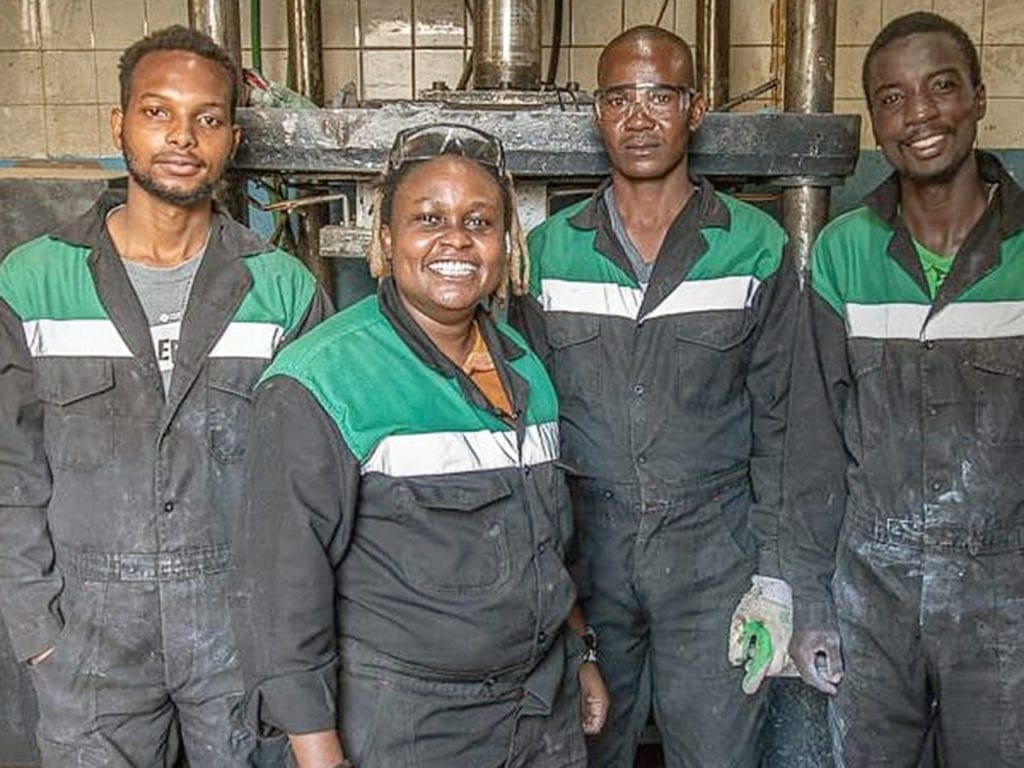
As an activist for a clean environment, this made me sick and tired of just sitting and watching plastic pile up in the streets with little done to address this pressing issue. I knew plastics are stable, durable, waterproof, and lightweight with my knowledge in material science. They are easy to mold, and recyclable which are the critical properties for construction materials. So I thought for myself, what if we could convert all plastic waste in our rivers and dumping sites into building materials? I felt this was a good idea, and slowly, I started recycling the plastic waste into construction materials.

This product is almost five to seven times stronger than concrete. It does not break easily and is a very durable building material.
We mix the plastic waste with small sand, which acts as our binder in a machine at scorching temperatures. Then the blended paste is compressed in the next machine into its brick form as the final product.
We have three machines, the extruder, which does the mixing of plastic waste, with sand, at very high temperatures, and then the press machine, which compresses it. The bricks are a durable and robust material because plastic is fibrous, which heightens compression strength.
The bricks turn out to be lighter than the regular bricks, making them easy and fast for installation during construction.
We can produce 1,000 to 1,500 bricks a day which is not that bad, but I hope to increase this to 2,500 soon. We have recycled 20 metric tons, and we’re looking to push that value to 50 by the end of the year.
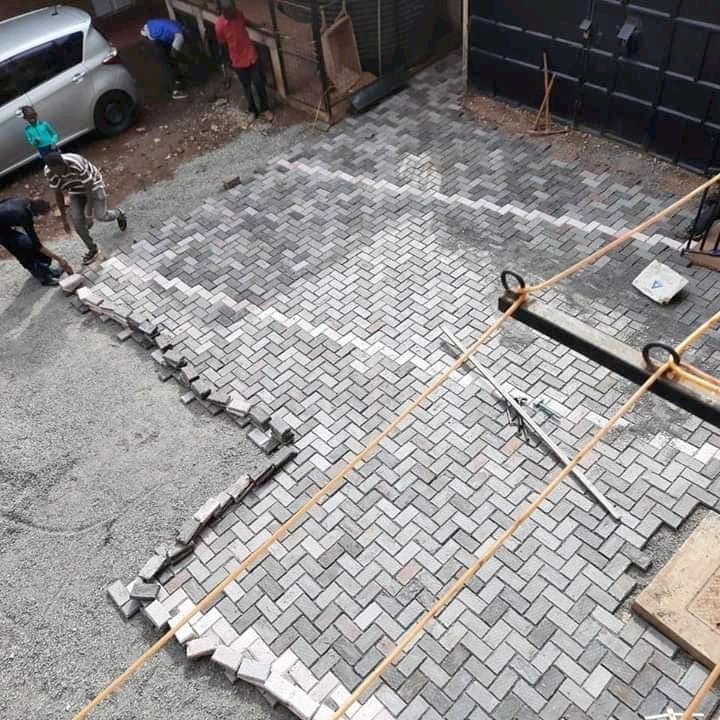
My main aim is to address the need for sustainable and affordable alternative construction materials in Kenya and globally. I want to solve the waste pollution menace through recycling and upscaling plastic while at the same time providing alternative construction materials which are not only beautiful but also strong and durable.
Growing up in the village, I have seen how challenging it can be to access suitable construction materials and how people struggle to find a good home. That’s why the top of my list is to address that challenge. The paving bricks come in different colors, including blue, red, gray, and brown. We test them to hold twice the weight threshold of the concrete blocks used in construction.
So far, I have managed to create 112 job opportunities for garbage collectors who collect the plastic waste from streets and dumping sites for us and 10 positions for engineers who work in the industry to ensure the plastic waste we receive turns out to be beautiful pavers. As we continue recycling plastic waste, I hope to create more job opportunities for women and youths and train them to recycle trash into usable products. I believe this initiative will promote our recycling culture as a nation.
We are fully certified by the Kenyan Bureau of Standards and fully registered under the Companies Act 2015.
I am proud of the team I work with at Gjenge Makers, from the garbage collectors to engineers. They work tirelessly to ensure the pavers come out the right way. This team is incredible and full of creative ideas. You can imagine how many young talented youths are out there with ideas to transform our continent in every possible way than we can imagine. Though we face some challenges in our day-to-day activities, I believe we are doing a great job solving the plastic pollution issue in Kenya.
Where it all started
Growing up, I always wanted to be an environmentalist because of the negative impacts of the poor environment I grew up seeing. I knew to have a clean environment requires one to step out and be an example to society in terms of conserving the environment.
Before creating my plastic recycling company, Gjenge makers ltd, I was majoring in material science and worked as an engineer in Kenya’s oil industry. In 2017, I decided to quit my job and started collecting plastic waste from major dumping sites and selling them to recyclers. Months later, I realized that we were collecting more waste than we could sell and what the recyclers could absorb. At this point, I decided to think out of the box on what more we could do with the remaining plastic, as a value-added aspect, to put a product on the market using plastic waste, and that’s how the idea of making paving stones started.
I get the waste materials for free from packaging factories and also buy some from other recyclers. Through experimentation, I understood which plastics bind better together and then created the machinery that allows me to mass-produce more pavers in a day. As time passed, I kept on trying new ways of making pavers, and until now, I can say it was worth the risk of me following my passion for environmental conservation through plastic recycling.
We have achieved a lot as champions in plastics waste recycling which has given us recognition globally.
I was recently named a Young Champion of the Earth 2020 Africa winner at the United Nations Environment Program (UNEP). This award provides seed funding and mentorship to promising environmentalists in the world as they tackle the world’s most pressing challenges in different ways. Being recognized by UNEP gave me a lot of motivation and built my spirit to continue my journey and passion in combating plastic waste pollution in Kenya.
Winning the UNEP scholarship to attend a social entrepreneurship training program in the United States of America further boosted the program. From Kenya, I traveled with my paver samples packed in my luggage.
Through the training, I used that opportunity to use the material labs in the University of Colorado Boulder to further test and refine sand to plastic ratios. The United Nations Environmental Program training has equipped me with the necessary knowledge and skills in my recycling field, especially in determining sand’s plastic rate.
I am forever going to be grateful for that opportunity. With the ideas I gained and learned through the training, we have done a lot and plan to do even more as we continue with the mission of reducing plastic waste pollution in our country.
Africa waste management
Many African countries are leading the world in finding solutions to plastic waste pollution through legislative mechanisms such as banning the use and manufacturing of plastics. Until now, 35 African countries came up with bans barring the production and use of single-use plastic bags.
UNEP lauded Africa as a leader in finding solutions to the plastic menace that is a challenge globally despite the gaps showing there is more that needs to be done for the continent to solve the plastic problem. Many countries in the Western world have used many nations in Africa as their plastic waste dumping ground, which affects the efforts to solve the plastic pollution in Africa.
But I hope our little efforts in recycling plastic waste will combat the situation despite all these challenges. As environmentalists, we are working on every possible way to have a clean environment.
Still, I fear Kenya is under pressure to weaken its resolve and become a key transit point for plastic waste to other African countries.
This pressure made it clear why we should be creative enough to turn our ideas into reality to help the government combat plastic pollution. It is the little ideas in our minds that sometimes do the magic of changing the world.
Currently, the unemployment crisis in the world requires all of our youths to think out of the box and come up with ideas that will help us earn and build our country by creating employment for others. I appreciate the creativeness that I see out here when it comes to environmental conservation. Environmentalists are leaving no gaps. Each day, someone comes up with a new idea of conserving our environment creatively without affecting our lifestyle.
This effort is a good start.
As we look for more ways to conserve our environment, my request is we put our ideas to work. Plastic waste issues have attracted widespread concern and attention in the last five years due to an uptick in littering.
Raising awareness is very crucial if we want to overcome the challenges of plastic waste pollution.
We can all be pioneers of the change we wish to see.

